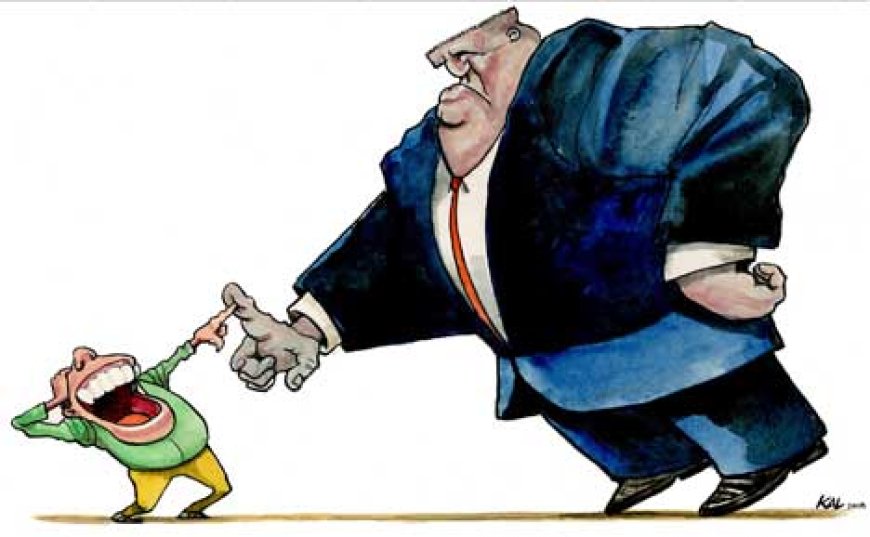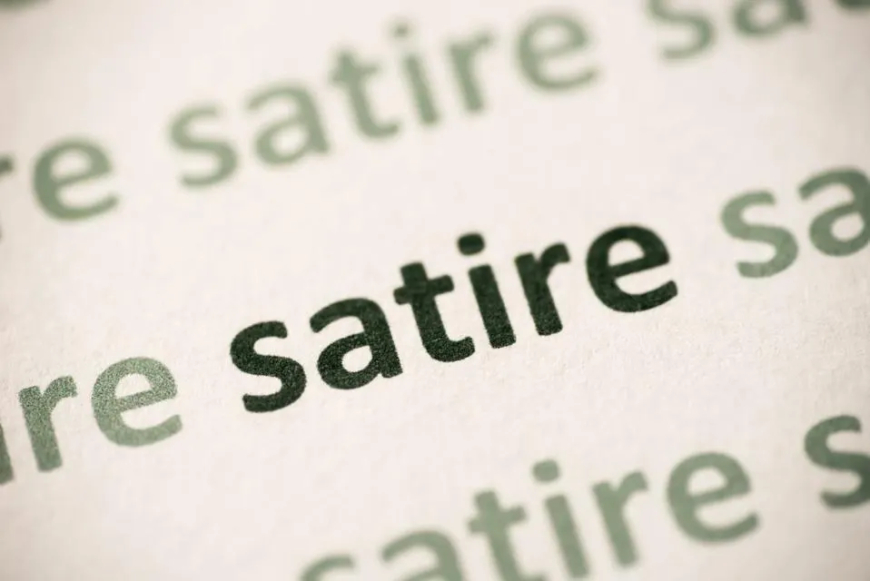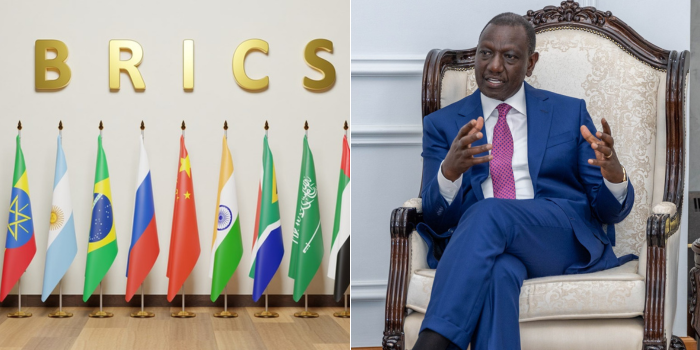The Art of Satire: Pushing Boundaries in Free Speech
Explore how satire uses humor and irony to critique society and politics, balancing free speech with the risk of offense. Understand its impact on freedom of expression in Kenya and globally. Discover how satire pushes the boundaries of free speech by using humor and irony to critique society and politics. This article delves into the role of satire in promoting freedom of expression, the challenges it faces, and its impact in Kenya and around the world. Learn about the fine line between humor and offense and the importance of protecting this powerful form of expression.

Satire has long been a powerful tool for social commentary, using humor and irony to critique society and politics. But in today’s world, where the lines between free speech and offensive content are increasingly blurred, satire often finds itself at the center of heated debates. Let’s explore how satire pushes the boundaries of free speech and its impact on society.
The Power of Satire

Imagine a world without satire. No “The Daily Show,” no political cartoons, no witty op-eds. Satire has the unique ability to make us laugh while simultaneously making us think. It holds a mirror to society, reflecting its absurdities and injustices in a way that is both entertaining and thought-provoking. From Jonathan Swift’s “A Modest Proposal” to modern-day satirical news sites like The Onion, satire has always been a vehicle for challenging the status quo.
In Kenya, satire plays a crucial role in political discourse. Shows like “XYZ Show,” which uses puppetry to lampoon politicians, provide a platform for critiquing the government and raising awareness about social issues. This form of expression is not just about humor; it’s about holding those in power accountable and giving a voice to the voiceless.
Walking the Fine Line
However, satire often walks a fine line between humor and offense. What one person finds hilarious, another might find deeply offensive. This is especially true in the age of social media, where satirical content can go viral in an instant, reaching audiences far beyond its intended scope. The challenge lies in balancing the right to free speech with the responsibility to avoid harm.
Globally, satirists have faced backlash and even legal repercussions for their work. In France, the satirical magazine Charlie Hebdo has been both celebrated for its fearless commentary and criticized for its provocative content. The tragic attack on its offices in 2015 highlighted the dangers that satirists can face when their work is perceived as crossing the line.
The Role of Satire in Free Speech
Satire is a testament to the importance of free speech. It allows us to question authority, challenge societal norms, and spark conversations about difficult topics. In many ways, satire is the ultimate expression of free speech, pushing boundaries and testing the limits of what is acceptable.
In Kenya, the freedom to use satire as a form of expression is protected under the constitution. However, this freedom is not absolute. There have been instances where satirists and comedians have faced censorship or legal action for their work. This raises important questions about the limits of free speech and the role of satire in a democratic society.
Conclusion: The Future of Satire
As we navigate the complexities of free speech in the digital age, it is crucial to recognize the value of satire. It is more than just entertainment; it is a powerful tool for social change. By pushing boundaries and challenging the status quo, satire plays a vital role in promoting freedom of expression and holding those in power accountable.
In the end, the art of satire is about finding the balance between humor and offense, between free speech and responsibility. As long as we continue to value and protect this form of expression, satire will remain a powerful force for good in society.
What's Your Reaction?







































































































